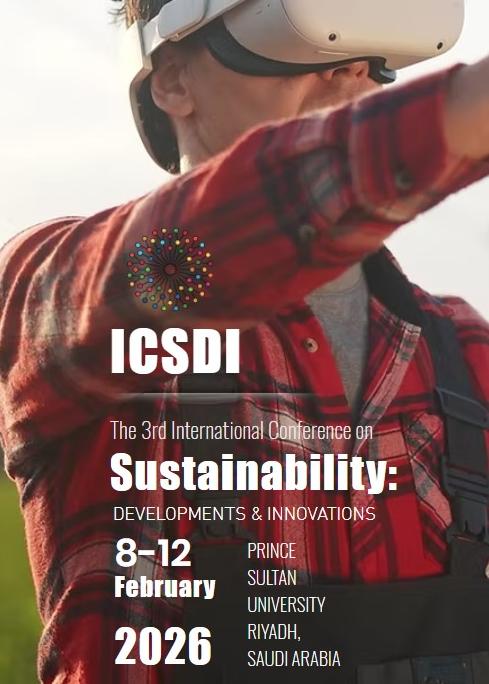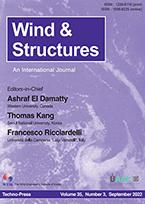1st Workshop on Language Resources and Technologies for the Legal Knowledge Graph
LEGALKG 2018
- URL: http://legalkg2018.lynx-project.eu/
- Event Date: 2018-12-05 ~ 2018-12-05
- Submission Date: 2018-01-26
- Location: Miyazaki, Japan
The World Wide Web and also Internet-based applications as well as startup companies are diversifying with an astonishing pace. While, only a few years ago, general-purpose applications and companies with a rather broad scope have been ubiquitous, now more and more niches and highly specific domains are being explored, both by academic and industrial research and also by enterprises and entrepreneurs. One of the specific domains that has been receiving a lot of attention recently are legal and regulatory information systems, among others, with regard to cross-border commerce, for example, within the European Union’s Digital Single Market but also in other areas and regions.
Of special interest in that regard is the recent hype around “regtech” (i.e., applying technologies to regulatory applications), the use of cognitive computing and language technologies to tackle the law (especially regarding the extraction of structured information from legal documents) and the adoption of semantic technologies for publishing legislative documents by the European institutions demonstrates that the next generation of intelligent applications is appearing in the legal domain.
These applications rely extensively on text resources and semantic web technologies. There is also a strong demand for high-quality, well described language resources, which can be used in the legal domain. Vast amounts of cases, rulings, laws, regulations, political programs, parliamentary debates and public opinions have been released in the last few years. However, we still don’t have a clear consensus or agreement of what the key characteristics, components and functionalities of the Legal Knowledge Graph should be. The language resources that should be used to populate the Legal Knowledge Graph are also a topic of current debates.
The proposed workshop is aimed at filling this crucial gap. In order to develop new products and services to assist lawyers and experts in the legal domain, a new type of interoperable language resources and technologies is necessary, aimed specifically at constructing the Legal Knowledge Graph.
Topics of interest
The 1st Legal KG Workshop invites research in language resources and technologies for the Legal Knowledge Graph, including but not limited to:
Resources in the legal domain such as: legislation, treaties, regulations, court decisions, case law (judgments, orders), international agreements or perparatory acts (legislative proposals, reports, etc.)
Resources in the political domain, such as political programs, parliament debates, etc.
Resources from the private law, such as contracts, agreements, etc.
Legal ontologies, vocabularies and thesauri
Technologies for handling resources in multiples languages from multiple jurisdictions
Localization of legal documents
Patterns in language and law
Automatic regulatory compliance systems
Applications of AI in the legal domain based on language resources
Legal text mining systems
Translation of legal documents
Methods of alignment of legislation with company workflows, public opinion, etc.
Any other research useful towards the Legal Knowledge Graph
Of special interest in that regard is the recent hype around “regtech” (i.e., applying technologies to regulatory applications), the use of cognitive computing and language technologies to tackle the law (especially regarding the extraction of structured information from legal documents) and the adoption of semantic technologies for publishing legislative documents by the European institutions demonstrates that the next generation of intelligent applications is appearing in the legal domain.
These applications rely extensively on text resources and semantic web technologies. There is also a strong demand for high-quality, well described language resources, which can be used in the legal domain. Vast amounts of cases, rulings, laws, regulations, political programs, parliamentary debates and public opinions have been released in the last few years. However, we still don’t have a clear consensus or agreement of what the key characteristics, components and functionalities of the Legal Knowledge Graph should be. The language resources that should be used to populate the Legal Knowledge Graph are also a topic of current debates.
The proposed workshop is aimed at filling this crucial gap. In order to develop new products and services to assist lawyers and experts in the legal domain, a new type of interoperable language resources and technologies is necessary, aimed specifically at constructing the Legal Knowledge Graph.
Topics of interest
The 1st Legal KG Workshop invites research in language resources and technologies for the Legal Knowledge Graph, including but not limited to:
Resources in the legal domain such as: legislation, treaties, regulations, court decisions, case law (judgments, orders), international agreements or perparatory acts (legislative proposals, reports, etc.)
Resources in the political domain, such as political programs, parliament debates, etc.
Resources from the private law, such as contracts, agreements, etc.
Legal ontologies, vocabularies and thesauri
Technologies for handling resources in multiples languages from multiple jurisdictions
Localization of legal documents
Patterns in language and law
Automatic regulatory compliance systems
Applications of AI in the legal domain based on language resources
Legal text mining systems
Translation of legal documents
Methods of alignment of legislation with company workflows, public opinion, etc.
Any other research useful towards the Legal Knowledge Graph














